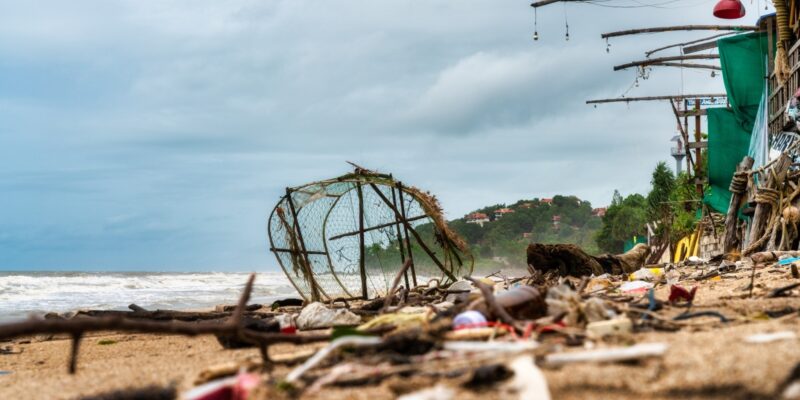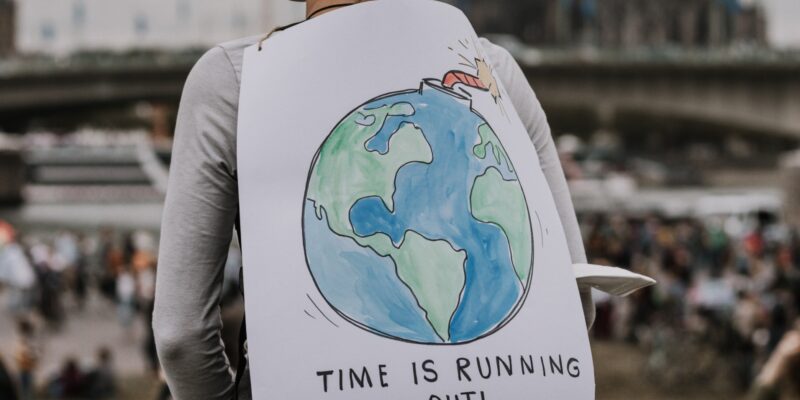Comment
Insights and expert analysis on climate issues.
Share


Four things to know from the first workshop on the loss and damage fund
Dr Olivia Serdeczny, Manjeet Dhakal
The Transitional Committee held its first workshop on how to set up the new loss and damage fund — here’s our take on the key funding gaps and solutions that emerged at the meeting.

South Korea’s gas problem
Dr Neil Grant, Dr Lara Welder
South Korea is investing heavily in gas-fired power generation. This raises concerns of overlooking cheaper forms of generations – like renewables – and increasing the country's reliance on overseas fossil fuel imports.

Peak emissions before 2025: key messages from the IPCC’s Synthesis Report
Dr Carl-Friedrich Schleussner
The IPCC's final report of its Sixth Assessment Cycle is a comprehensive overview of the state of climate change and a roadmap for action in this critical. Our experts pull out the key messages.


Can higher ambition in developed countries create ‘carbon space’ for others?
Dr Carl-Friedrich Schleussner
What does a 'fair share' of global emissions look like for Africa and South Asia? Both regions have low historical emissions and a strong claim to the remaining carbon space.

Is the 1.5°C limit still in reach? FAQs
Dr Carl-Friedrich Schleussner, Uta Klönne, Bill Hare
The Paris Agreement aims at “holding the increase in the global average temperature to well below 2°C above pre-industrial levels and pursuing efforts to limit the temperature increase to 1.5°C above pre-industrial levels, recognising that this would significantly reduce the risks and impacts of climate change”. Here we address some commonly asked questions.